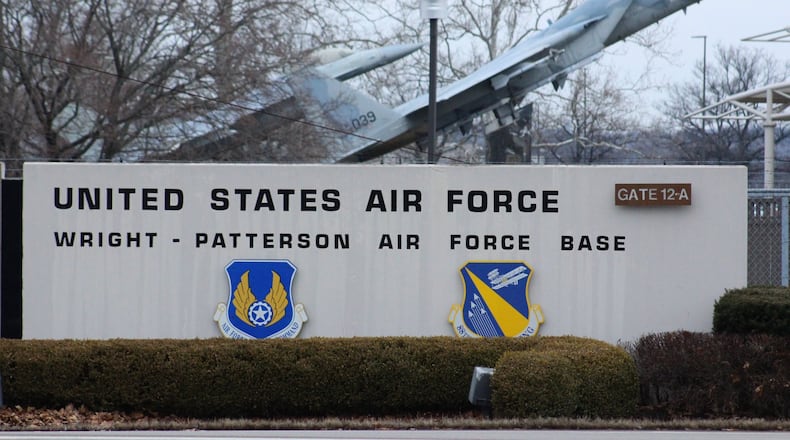The budget also requests what it calls a “robust” 4.6% pay raise for service members and civilian DOD workers.
Taking into account basic pay and benefits such as a tax-free allowance for housing or the value of in-kind housing, a tax-free allowance for food and associated tax savings, the Biden budget document says military salaries “will continue to grow and will average more than $70,200 for enlisted personnel and more than $127,100 for officers in (fiscal year) 2023.”
But the Air Force would also get somewhat smaller, shrinking by about 4,670 Airmen, shifting from 328,071 in 2021 to an estimated 323,400 personnel in fiscal 2023, the White House documents says. About 200 new Space Force Guardians would be added, however, bringing Space Force strength to an estimated 8,600, up from 6,563 in 2021.
In general, the budget calls for nearly $56.5 billion for air power platforms and systems, and more than $130.1 billion for research and development, which the Pentagon called “an all-time high.”
The budget process is of significant interest to the thousands of Air Force and civilian staff at Wright-Patterson Air Force Base, as well as the many local firms that contract with the base.
Proposed defense funding includes $4.1 billion for research and development, almost $5 billion for a space-based missile warning system and nearly $2 billion for a missile defense system poised against ballistic missile threats.
And Biden for the first time will propose that the Department of Veterans Affairs get its own discrete stream of funding for medical purposes, the New York Times reported.
The budget is requesting $135 billion in discretionary funding for the VA, a $31 billion or 29% increase, from the 2021 enacted level. The Biden draft also includes $128 billion in advance appropriations for VA medical care programs in 2024.
The budget proposal is only a first step in the lengthy federal budget process and is not binding on Congress. Defense numbers in particular may get higher. Congress only just approved FY 2022 appropriations in mid-March, less than two weeks ago, after operating on continuing resolutions for half a year.
About the Author

